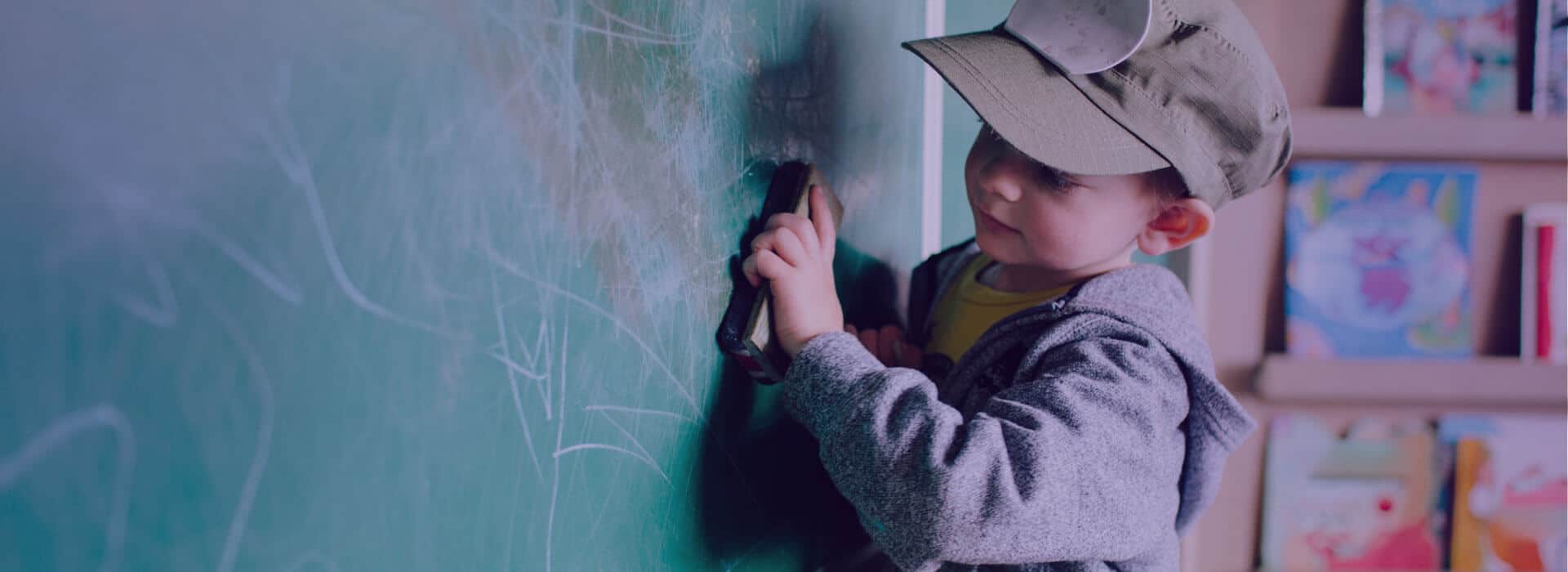
25 Feb How has the COVID-19 pandemic impacted our children’s development?
An insight into the potential effect of COVID -19 disruptions on our children’s development.
Throughout the pandemic, the vast majority of nurseries and preschools have remained open. Providing care and education for young children has been a priority. However, targeting initially the children of essential workers and with many parents choosing to withdraw their children from nursery, we have seen a stark dip in attendance.
The reasons for this are multi layered. Parents or carers are now working from home, requiring less childcare. Children or family members need to shield due to medical vulnerabilities or parents. And many are, understandably, feeling anxious and unsure, wanting to keep their children close.
Whatever the reasons it means many young children have missed out on weeks or months of early years education. So what has been the impact on their development and well- being?
OFSTED findings
During the autumn term OFSTED carried out a piece of research to try and answer some of these questions. The overarching conclusion gathered concern about the impact of Covid restrictions on children’s development. In particular their personal, social, emotional and development being affected. In some cases, speech, language and physical skills have slowed in development.
This was not across the board. There is recognition that for some children that the first lockdown had been, overall, a positive experience. For example, for some children the increased time spent at home with parents led to more stories, more family meal times and long walks in the park.
For other children the experience was less positive. There is overwhelming sympathy and understanding for families who are living in more challenging conditions or trying to juggle full time jobs with full time childcare. In such circumstances no one blames a parent who has resorted to biscuits or screen time to buy a bit of time to meet a work deadline!
Returning to nurseries
Staff carefully observed children on their return to nursery, identifying those children who need extra support to catch up.
They noted that many children were struggling to share and take turns- hardly surprising when so many of them had had so few opportunities to play and interact with children outside their own family.
Staff also noticed that some children were overwhelmed by the noise and ‘bustle’ of a busy nursery. Some children tended to move away from large groups of other children, preferring to play alone.
Other children struggled with routines, such as sitting down for meal times. Some were more reluctant to do things for themselves, such as putting on their coats and boots. Some children who had been making good progress with their potty-training before lockdown returned in nappies or pull ups.
Staff also noticed differences in children’s physical skills. Some children had clearly thrived with daily walks and exercise. These children showed increased skills and stamina with walking, running and climbing. Other children who had less access to outside space had become more cautious outdoors.
Staff also noted that some children came back to nursery quieter, less inquisitive and less likely to ask questions or engage in conversation.
Moving forward
Overall, the early years sector felt positive and confident that they had the skills and knowledge to help these children’s development. Having identified these gaps for children, staff were able to start planning activities and experiences to meet these children’s needs and reported they could already see improvements in children’s progress and confidence. Thus, parents should not worry about long-term damage when it comes to their child’s development. We will explore this further in a later post.
But in the meantime, remember that the pandemic has been a challenging time for all, especially for parents juggling all that they do. Be kind to yourselves, and remember that you are doing your best.
Written by Sarah Holley, Purple Dove

